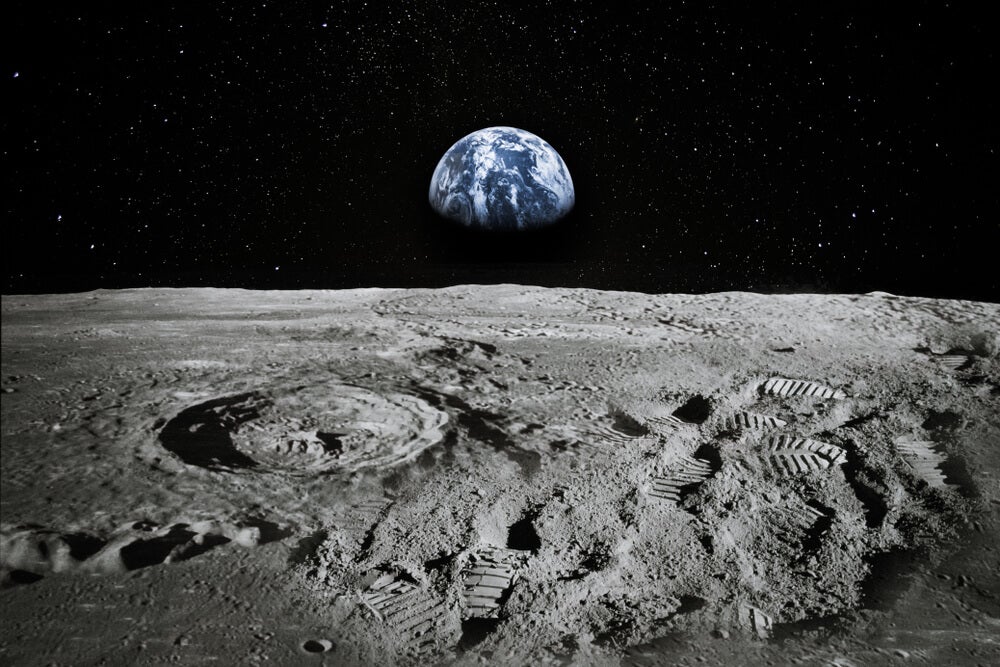Donald Redelmeier’s studies on the effects of the Moon have been published in the British Medical Journal, according to them, the full moon increases the number of traffic accidents and tragic deaths, this scientist concluded after collecting and analyzing a series of data in several countries around the world.
Donald Redelmeier’s studies were published in the Christmas edition of the prestigious magazine. These types of editing are done every year and include fun, impressive or surprising research, always based on “scientific facts”.
- The moon’s spell has long been discussed.
- Inspired poets.
- Lovers and scientists of all ages.
- Shines at night like an oasis amid the mystery.
- But it really has an influence that causes tragic accidents and deaths?.
- Donald Redelmeier’s studies seem to prove it.
“There are nights when wolves shut up and the moon howls. “George Carlin?
Donald Redelmeier’s studies are based on a statistical basis. This scientist, a researcher at the University of Toronto, along with his colleague Eldar Shafir, a researcher at Princeton University, conducted a particular analysis. States, Canada, the United Kingdom and Australia.
They searched for models and found them, but not exactly what they expected and thanks to their investigations they were able to detect an impressive fact: during full moon nights traffic accidents increase and, consequently, the number of injured and deceased. Not bad.
According to the data found, during the study period there were 988 nights without a full moon, in those nights there were 8,535 traffic accidents, resulting in an average of 8,64 deaths.
In the same period, there were 494 full moon nights, in those nights there were 4,494 traffic accidents, with an average of 9. 1 deaths per night. The average during calls? Increased to 10. 6.
It was the fault of the moon’s spell, it has been proven that many drivers delight in its beauty and disperse their attention, that is what causes accidents.
Donald Redelmeier’s studies are an anecdotal way to answer a question humans have been asking the other for thousands of years: How does the moon affect human behavior?
The legend of the werewolf? It’s a fantastic way to respond: most animal instincts arise in humans on the full moon.
Apart from fantasy, many have postulated a close relationship between the Moon and human behavior. Aristotle was convinced that seizures of madness and epilepsy occurred directly related to the phases of the moon. Pliny the Elder, a Roman naturalist, fully agreed with this assessment.
In fact, the word?Lunatic ?, was incorporated into popular language to refer to the abrupt changes that were occurring in people’s behavior, especially on full moon nights.
There are several scientific studies on this subject. None of them are completely consistent except one, let’s look below.
Psychiatrist David Avery, from the UK, had a very secretive patient, suffered from bipolar disorder and was also very methodical, in a research spirit, so he decided to keep a complete record of his mood swings, which were extreme.
When Harvey studied his patient’s grades, he realized that sleep fluctuations coincided with fluctuations in lunar tides.
However, this conclusion was somewhat absurd to the psychiatrist and he forgot about it; however, another well-known psychiatrist, Thomas Wehr, published an article in which he noted that 17 patients with bipolar disorder had impressive regularity in mood swings, which coincided with lunar tide cycles. This study was based on observations made over several years.
Then the two psychiatrists met and joined forces, both have presented their findings in various forums and, from an empirical point of view, are right, actually, there is a coincidence. However, other scientists believe that there is another factor influencing this phenomenon that has not yet been detected.
Moreover, most refuse to seriously consider this relationship between the Moon and behavior, because no physical basis can prove it, yet Wehr and Avery’s data cannot be replicated, surely there will be new studies that will shed light where there are still shadows. .

